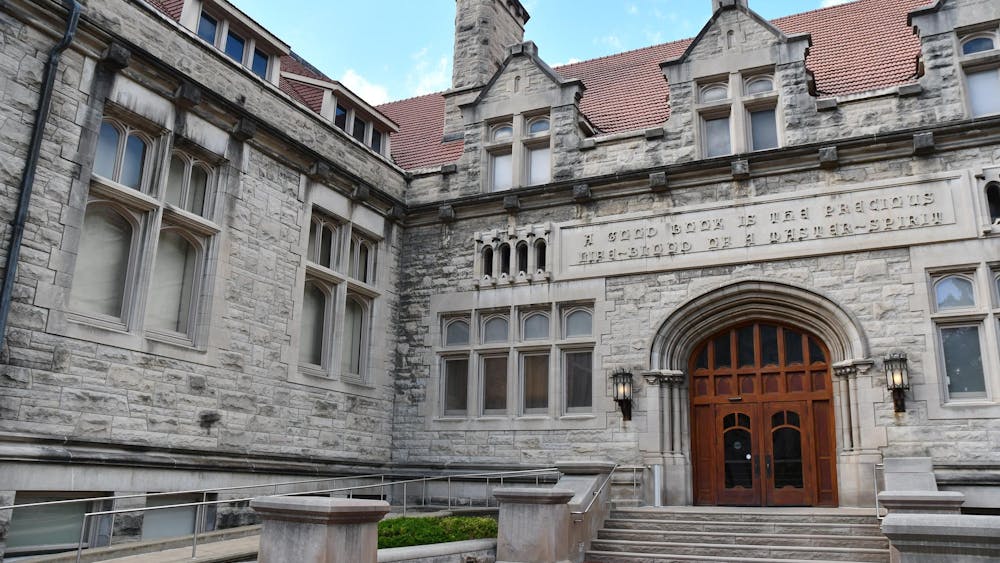By the time this article runs I will be in the air on a flight toward Buenos Aires to study abroad through the School for International Training. I will finally be ditching the relentless Orwellian propaganda operation that has become United States politics.
This may come as a shock, but there indeed exists a vibrant planet outside Trump television. In Argentina I will be immersed in a country that has a stunning political history: Spanish colonization, a struggle for industrialization, the famed leader Juan Perón, a violent dictatorship, to total economic collapse in 2001. However, Argentina struggles alongside other Latin American nations in a world consumed in the identity crisis of globalization.
Since its economic collapse, Argentina has initiated democratic reform that would stun citizens of the U.S. After popular social movements triggered the government’s fall, a new national-popular government assimilated worker-owned factories into the government, prosecuted human rights abusers from the military dictatorship and opposed U.S. foreign policy actions like the Iraq War.
To understand how we found ourselves in a world of far-right know-nothings, extreme inequality and social decay, we need not go further than the recent history of globalization and particularly the passing of the North American Free Trade Agreement. Though forgotten, NAFTA was initially to be passed in secret during the 1992 U.S. presidential election, but public outcry protracted the legislative battle for more than a year. The long-term effects of NAFTA were well known then — simply look at the class-conscious New York Times articles from that period.
However, our public discourse concerning NAFTA misses the crucial parts of its structural design. In 1992 the New York Times described a “Paradox of ‘92” in the U.S. economy, where low-growth coexisted alongside enormous record profits. Though it seems like a paradox, this is the traditional developing world economic model that exists in the U.S. and Europe to this day, and it’s the economic arrangement etched into stone by NAFTA.
The consequences weren’t just wage stagnation and immigration. These trade deals have eroded democratic institutions because decision-making power has been transferred to private corporations and not a democratic state.
This new phase of globalization is not singular to the Trump phenomena of the U.S. Around the world disaffected populations support right-wing strongmen, each of whom channels popular anger towards immigrants, drug dealers and foreign enemies, yet somehow ignore the system of capitalist globalization.
There are striking commonalities among Trump, Vladimir Putin of Russia, Benjamin Netanyahu of Israel, Shinzo Abe of Japan, Turkey’s Recep Tayyip Erdogan, Rodrigo Duterte of the Philippines, and Narendra Modi of India. The problems facing humanity don’t differ nation by nation, but if we continue to let the forces of reaction undermine our need to collectively organize, we will never remedy the great sickness at the heart of globalization.
luwrobin@umail.iu.edu





